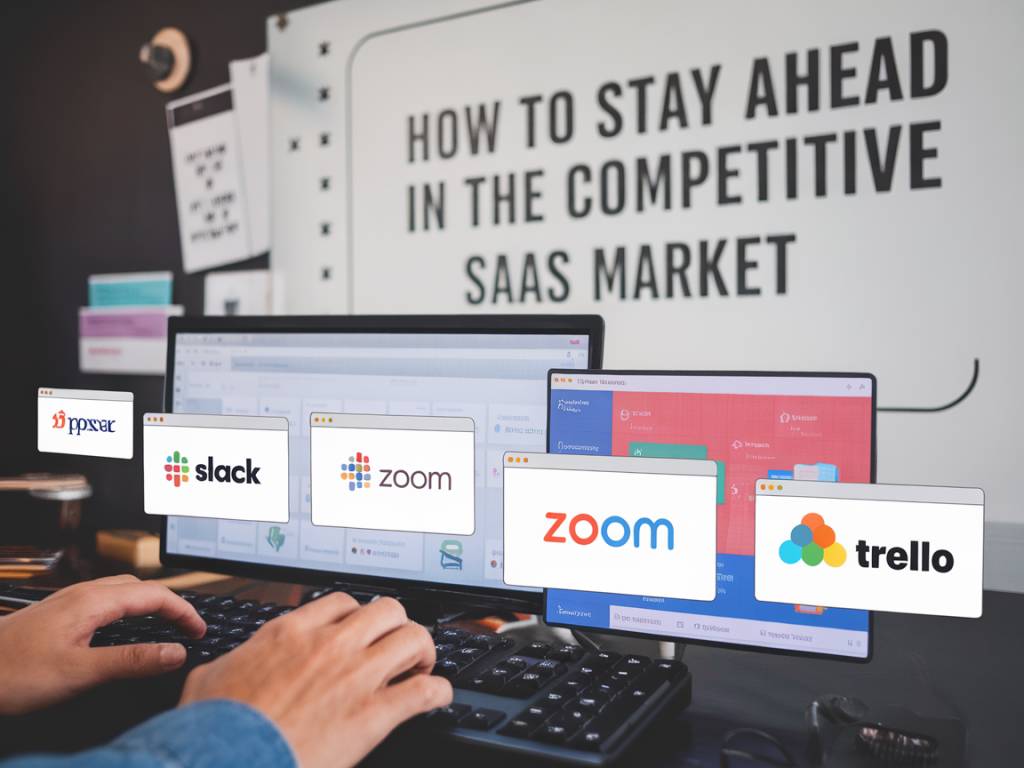Why Blockchain Technology is a Game-Changer for Startups
In the fast-paced world of startups, where innovation reigns supreme and agility is key, blockchain technology is quietly rewriting the playbook. Many associate blockchain solely with cryptocurrency, but its applications extend far beyond that. For forward-thinking startups, blockchain is more than a buzzword; it’s a powerful tool that can reshape operations, enhance transparency, and fuel growth. But how exactly is blockchain revolutionising the startup ecosystem? Let’s dive in.
The Power of Transparency and Trust
One of a startup’s biggest challenges is building trust. Whether it’s with investors, customers, or partners, demonstrating credibility can make or break early success. Here’s where blockchain shines. Its decentralised ledger system ensures that every transaction is recorded, tamper-proof, and transparent. No “he said, she said.” No hidden agendas. Just verifiable information.
Let’s take supply chain startups as an example. By using blockchain, they can provide indisputable proof of product origin, ethical sourcing, and transportation tracking. For investors and eco-conscious customers, this transparency is priceless. When trust is baked into your business model, scaling becomes so much easier, doesn’t it?
Streamlining Crowdfunding
Raise your hand if you’ve ever heard a founder complain about how hard securing funding is. The good news? Blockchain is flipping the crowdfunding game on its head. Forget navigating complex funding ecosystems or dealing with mountains of paperwork. Blockchain introduces Initial Coin Offerings (ICOs) and token-based fundraising—modern, efficient, and globally accessible alternatives to traditional fundraising.
A quick example: Imagine being a founder who creates tokens tied to your business model. These tokens can be sold directly to investors, whether they’re down the street or halfway across the globe. The best part? Everything is secured by smart contracts, eliminating the need for middlemen and ensuring that payments and terms are honoured automatically.
Smarter, Faster, and Cheaper Transactions
You’re running a small but ambitious startup, trying to scale globally. Suddenly, you’re hit with lengthy payment delays and hefty transaction fees from traditional banking systems. Sounds familiar, right? Blockchain is tackling this issue like a pro.
Through decentralised payment systems, startups can bypass banks and process transactions almost instantly. What’s more, transaction fees are significantly reduced. For startups with razor-thin margins (which, let’s face it, is most startups), this is a game-changer.
Consider the case of remittance-focused fintech startups. By leveraging blockchain, they’re enabling migrant workers to send money home with fees averaging just a fraction of what traditional services charge. Customers save, startups profit, and everyone wins.
Strengthening Data Security
Data breaches are every entrepreneur’s worst nightmare. In today’s digital business landscape, safeguarding sensitive customer or company data isn’t an option—it’s a necessity. Blockchain, with its secure, decentralised design, is fundamentally changing how startups approach data security.
Because data on a blockchain is encrypted and distributed across multiple nodes, it becomes virtually impossible for hackers to tamper with it. Think of it as fortifying your digital assets with an unbreakable lock. Industries like healthcare and finance are already seeing blockchain-based startups leveraging this functionality to protect patient records and secure transactions. Why shouldn’t your startup do the same?
The Rise of Decentralised Marketplaces
Startups often thrive by cutting out middlemen and creating direct-to-consumer or peer-to-peer platforms. Blockchain’s decentralised nature takes this concept to the next level, enabling startups to build marketplaces that are transparent, efficient, and free from the monopoly of big platforms.
Take OpenSea, a blockchain-powered marketplace for NFTs (Non-Fungible Tokens). It allows creators to sell directly to consumers without giving up huge profits in middlemen fees. The result? Fairer pricing, a better user experience, and amazing growth opportunities for startups venturing into the digital marketplace space.
Overcoming Regulatory Hurdles
Regulation is often seen as a daunting obstacle for startups, especially those navigating industries like finance, legal, or healthcare. Blockchain, through its ability to offer immutable audits and smart contracts, can help simplify compliance.
Let’s say you’re a fintech startup needing to comply with strict anti-money laundering (AML) and know-your-customer (KYC) regulations. Blockchain allows you to streamline these processes by enabling transparent and automated verification via secure, shared networks. This keeps officials happy and lets you focus on growing your business.
Inspiring New Business Models
Blockchain isn’t just reshaping how startups function; it’s creating entirely new opportunities. The concept of decentralised autonomous organisations (DAOs), for instance, offers startups the ability to remove traditional hierarchies and create community-driven, democratically managed companies.
Sounds futuristic? Maybe, but DAOs are already becoming a reality. A notable example is the rise of crypto-centric DAOs, where token holders vote on key business decisions. For founders, this means accessing capital while building loyal communities. For customers and investors, this means having a literal say in the company’s future direction. It’s engagement and innovation at their best.
A Practical Toolkit for Startups Looking to Embrace Blockchain
If you’re a startup founder wondering where to begin, here’s a quick-start guide:
- Research Use Cases: Not every startup needs blockchain. Pinpoint the problems it can solve for you before diving in.
- Use Existing Platforms: Platforms like Ethereum or Binance Smart Chain can save time and resources when implementing blockchain projects.
- Hire Expertise: Blockchain development can be complex. Bringing in an expert—or outsourcing to a specialised firm—might be the smartest move.
- Start Small: Test blockchain implementation on a single process before scaling it across your operations.
The Bottom Line
Blockchain technology is revolutionising how startups approach everything from funding to operations. For entrepreneurs willing to learn and adapt, it represents an unprecedented opportunity to innovate, streamline processes, and gain a competitive edge. So, whether you’re launching a fintech platform, running an ecommerce brand, or exploring new business ideas, keep an eye on blockchain—it might just be the secret weapon your startup needs to thrive.



